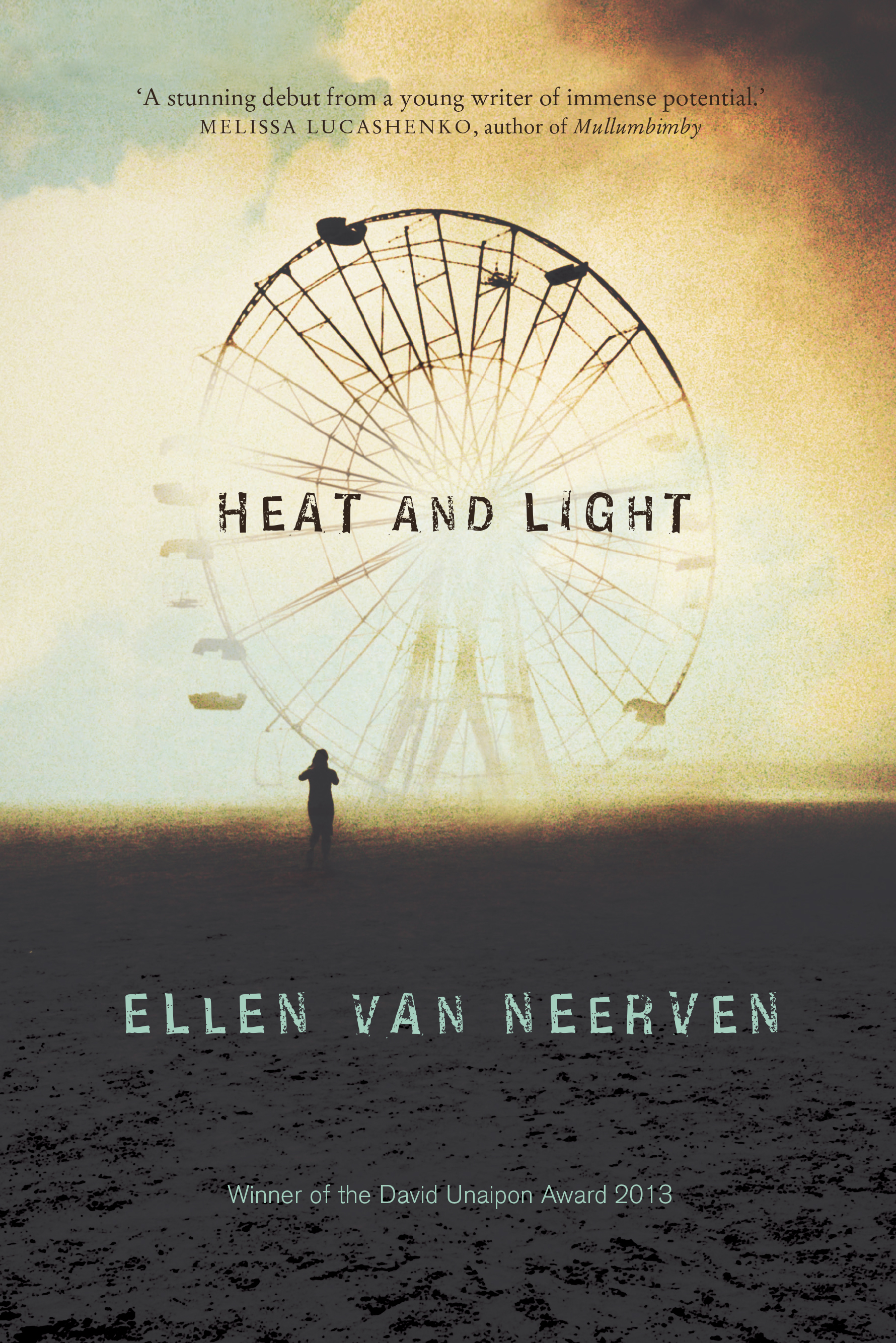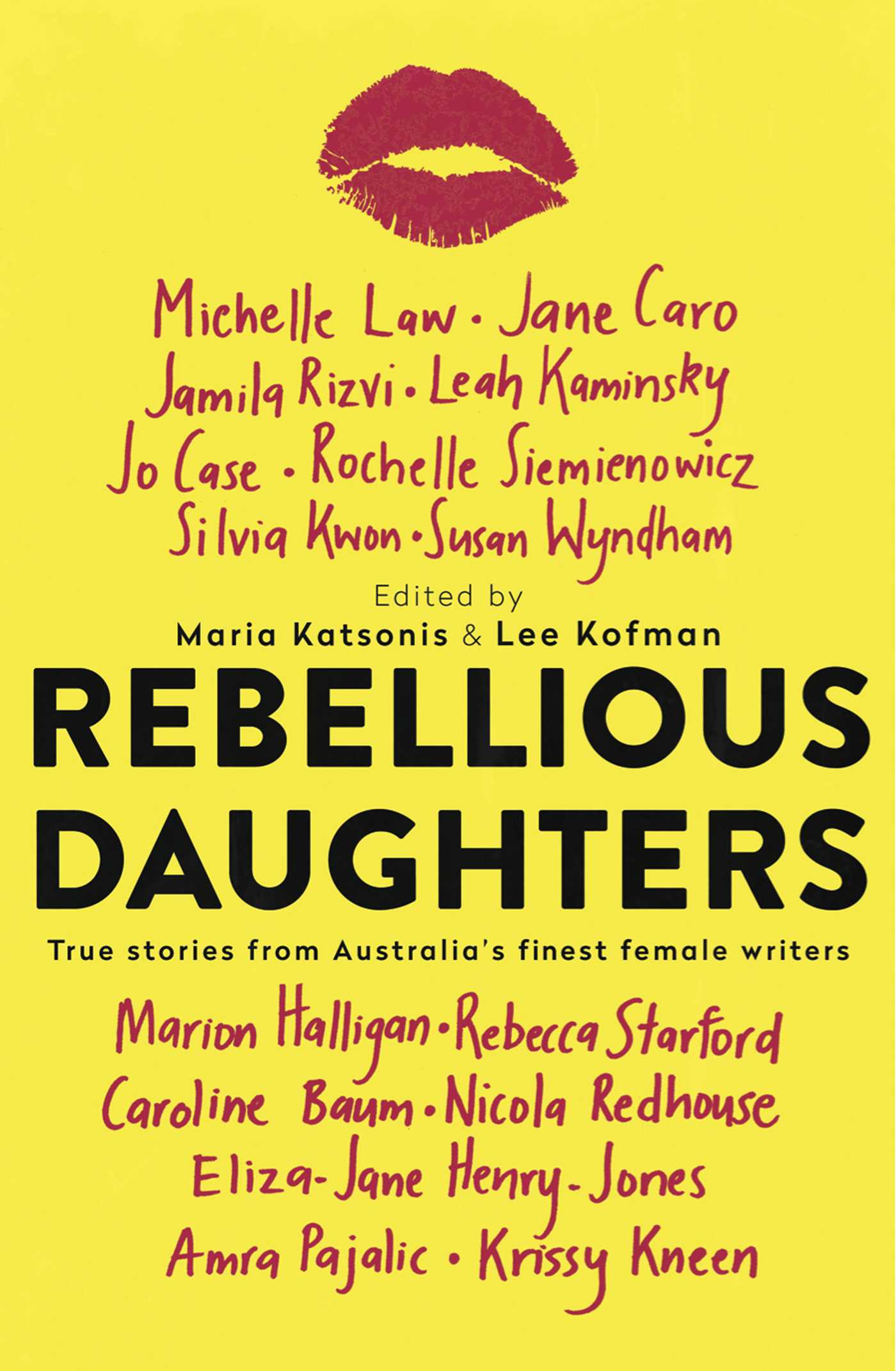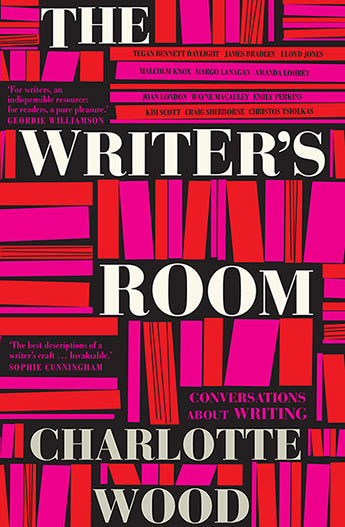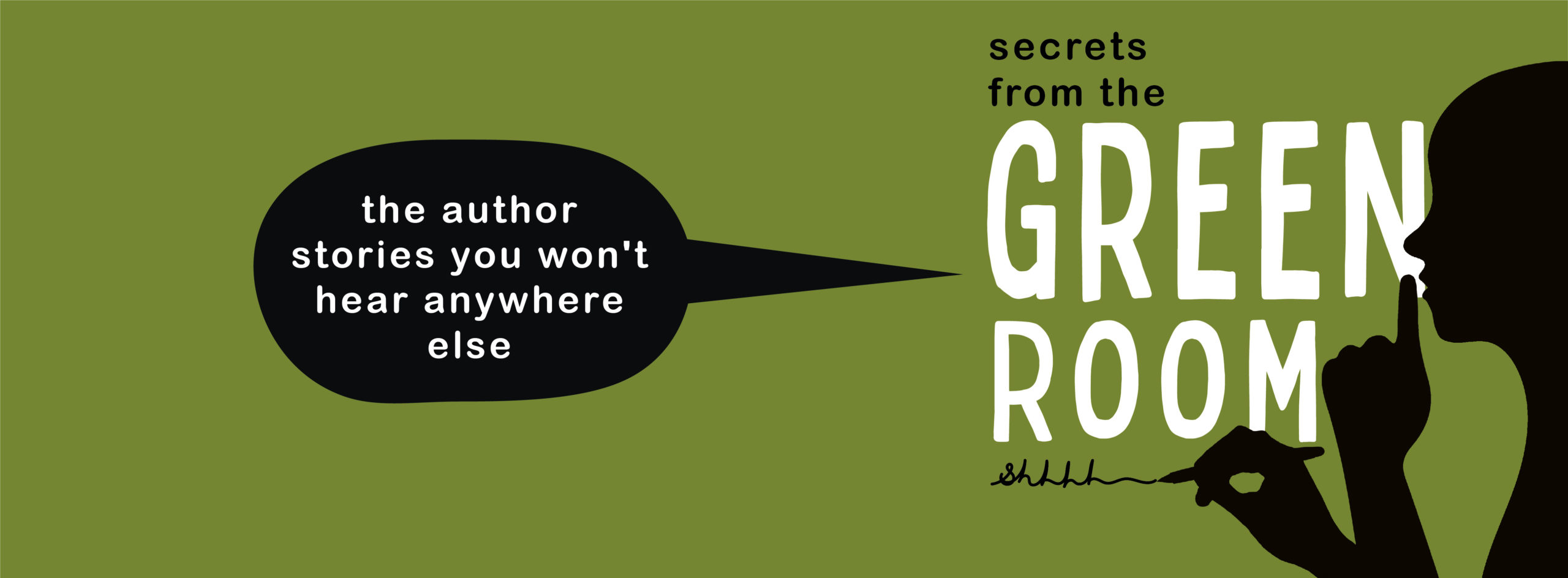It’s that time of the year where bookish types reflect on their year’s reading list, so I thought I might as well toss my faves into the ring. In 2016, I read 68 books*, which doesn’t seem nearly enough. Looking at the stats of childless friends, I’ve noticed that they tend to fit in well over 100. Perhaps this is because their reading is not limited to evening hours after children are in bed. Sigh. I look forward to the time when I’m able to dedicate whole weekends to nothing but books and drinking tea.
In the meantime, here are some of my 2016 faves, shuffled into slightly random categories.
 Classic: Cry, the Beloved Country by Alan Paton. I’ve been meaning to read this slim novel for a long time and Radio National’s African Book Club prompted me to push it to the top of the pile. It is a poignant and heart-wrenching portrait of a country undergoing great upheaval.
Classic: Cry, the Beloved Country by Alan Paton. I’ve been meaning to read this slim novel for a long time and Radio National’s African Book Club prompted me to push it to the top of the pile. It is a poignant and heart-wrenching portrait of a country undergoing great upheaval.
Queer fiction: What Belongs to You by Garth Greenwell. A sharply observed and beautifully written novel about desire and longing and love. An absolute cracker.
Debut: The Paper House by Anna Spargo-Ryan. A moving portrait of a family coming undone; it is a haunting and stylistically beautiful novel. I’ll be keenly awaiting Anna’s next book.
Short fiction collection: Portable Curiosities by Julie Koh. I found the biting and quirky satire of these stories refreshing. A gem of a book.
Read More »2016 reading picks
 Indigenous fiction: Heat and Light by Ellen van Neerven. Another short fiction collection, and I’m late to this one (it was published in 2014). I found these stories mesmerising; Ellen is definitely one to watch.
Indigenous fiction: Heat and Light by Ellen van Neerven. Another short fiction collection, and I’m late to this one (it was published in 2014). I found these stories mesmerising; Ellen is definitely one to watch.
Novella: Wisdom Tree by Nick Earls. I’m cheating a bit here because Wisdom Tree is a series of five novellas (disclaimer: I edited them), but I couldn’t possibly pick just one. One reviewer described Gotham, the first in the series, as ‘the most perfect novella in the history of the format’. Nuff said.
Picture book: Smile Cry by Tania McCartney. My whole family (even those supposedly too old for picture books) love this gorgeous flip book that so deftly allows children to explore their emotions.
 Nonfiction: Under Cover: Adventures in the Art of Editing by Craig Munro. A rare and revealing behind-the-scenes look at 30 years of publishing at UQP.
Nonfiction: Under Cover: Adventures in the Art of Editing by Craig Munro. A rare and revealing behind-the-scenes look at 30 years of publishing at UQP.
Memoir: Everywhere I Look by Helen Garner. I am a fangirl. Garner is a living legend. That is all that needs to be said.
Anthology: Rebellious Daughters edited by Maria Katsonis and Lee Kofman. These essays on varying forms of rebellion are delicious. I particularly loved those by Marion Halligan, Rebecca Starford, Leah Kaminsky, Eliza Henry-Jones, Jano Caro, Lee Kofman, Caroline Baum… Hell, I could list the whole damn lot.
 Interviews: The Writer’s Room by Charlotte Wood. I’m cheating again because this book could technically be listed under ‘nonfiction’ or ‘anthology’, but these interviews with Australian writers deserve a special mention. Each is an honest, thoughtful and insightful discussion about the writing process, and I know that I’ll take different kernels of knowledge away with me every time I return to it.
Interviews: The Writer’s Room by Charlotte Wood. I’m cheating again because this book could technically be listed under ‘nonfiction’ or ‘anthology’, but these interviews with Australian writers deserve a special mention. Each is an honest, thoughtful and insightful discussion about the writing process, and I know that I’ll take different kernels of knowledge away with me every time I return to it.
I’ve started 2017 with Peggy Frew’s stunning Hope Farm, which I devoured over two evenings (and a little sneaky daytime reading while the kids were otherwise occupied). I can only hope that the rest of the year’s books live up to this fine start. And if you feel like picking up any of my 2016 faves do try and support the Australian industry by grabbing them from your local bookstore. It makes a world of difference. Happy reading!
* This figure does not include any of the manuscripts that I edited, with the exception of Nick Earls’ novellas. Nor does it include the many literary journals that I consumed, and the countless picture books and middle grade novels that I read to my children.








